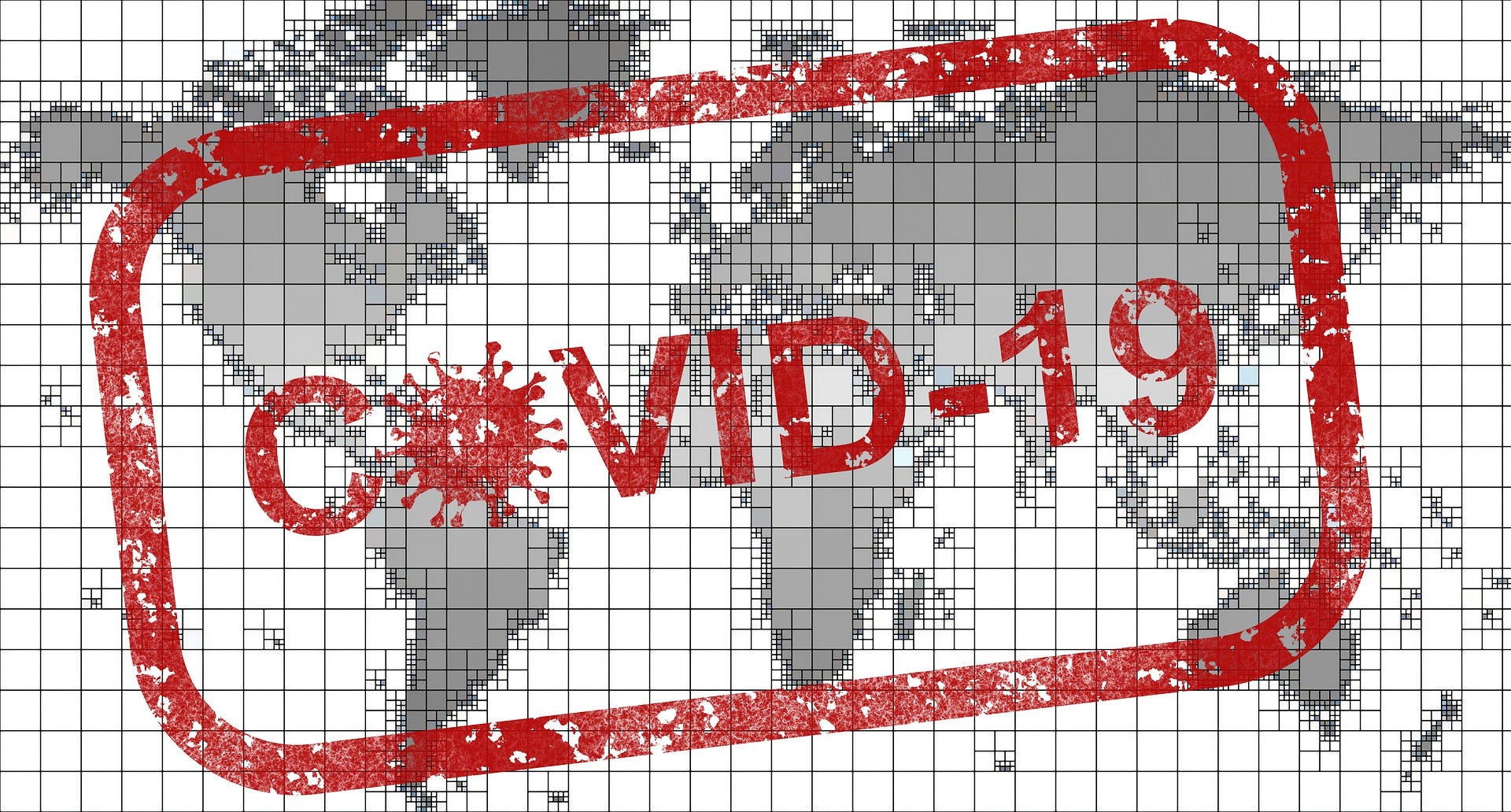How To Proactively Grow Your Business

As an entrepreneur, do you find yourself continuously blaming the state of the economy when your business plateaus or shrinks? Do you blame the high taxes, the customers, the competition?
As humans, we have a tendency to cast the blame everywhere except towards ourselves.
But to grow your business sustainably, it’s important to be proactive rather than reactive. To understand the difference, let’s first discuss the concept of Circles of Concern and Influence that author Stephen Covey introduced in his book, The Seven Habits of Highly Effective People. Everything that might affect you and your business lies within your Circle of Concern, while everything that you can actually control lies within your Circle of Influence.
Covey writes, “Proactive people focus their efforts in the Circle of Influence. They work on the things they can do something about. The nature of their energy is positive, enlarging, and magnifying, causing their Circle of Influence to increase. Reactive people, on the other hand, focus their efforts on the Circle of Concern. They focus on the weakness of other people, the problems in the environment, and circumstances over which they have no control.”
So what are some ways you can do to proactively grow your business in a sustainable manner?
Focus on one unique value proposition, know your customers and become obsessed with them
Unfortunately, it’s common to visit a small business’s office and see them working on three or four separate products and/or services. While that might be acceptable at the experimentation stage of your business to determine the market-product fit, if you’ve been in operations for over 3 years, you need to focus on one value proposition. Besides building a positive brand name associated with one area, developing a core competency also ensures you’re not spreading yourself too thin and scattering your resources.
Having one unique value proposition also helps you understand your customers better, and cater for their needs. This would enable you to respond faster to their changing needs, and stay ahead of the competition.
Amazon CEO Jeff Bezos is known for saying, “Start with the customer and work backward.” A manifestation of this obsession with the customer is how at every meeting, Amazon is known to reserve an empty seat for the customer so it’s impossible for them to forget.
Build Long-term Trust
At the heart of any business are people; employees, clients, and stakeholders. And any people-centric entity requires trust; trust that promises will be honored, that goods and services will be delivered as promised, that customer’s needs and expectations will be met.
Trust is one of the hardest things to build, and the easiest to break.
As a business, trust is the most important brand asset you can manage but the challenge is, you can’t buy it using money. It must be earned by building a customer-focused brand narrative, as well as positive social and service interactions with your customers.
Unfortunately, because of the tough market conditions, it’s very easy for entrepreneurs to do everything in their power to acquire new customers; even resorting to delivering poor quality products and/or services or overpromising on things they can’t deliver at all.
How many customers have found themselves signing contracts with providers they wouldn’t recommend even to their worst enemies because of how bad the post-signature customer experience is?
Because they do not want to lose business, some might find it unfathomable to tell a potential customer that they do not have the capability to deliver as per their specification or send them to their competition, the idea being, “Let them sign it, and then we’ll cross that bridge when we reach it.”
However, we no longer live in a world where if one customer is dissatisfied, that information will stay within the realm of their family and friends. Instead, we live in a world dominated by online reviews where one bad experience gets blasted everywhere.
As a business, you may not just lose one customer, but the entire market.
Operating with honesty means telling the customer the truth about your product or service even if it might hurt your bottom line. The rule here is simple; deliver on your promises and don’t make promises you can’t deliver on. That way, you make sure you’re operating on a long-term strategy rather than a short-term one.
Educate Yourself
A lot of people find themselves at the helm of entrepreneurship without a lot of knowledge, and while it is effective to learn by doing, and learn from one’s mistakes, who said those mistakes must be yours. There are several programs out there targeted towards entrepreneurs that can give you proven strategies to build your business. An example is ISBI’s AEP program.
To learn more about the program, comment below.
WRITTEN BY
Sales and Marketing leader based in Nairobi, working across East Africa. Currently focused on enabling tech startups scale in Kenya and the region










